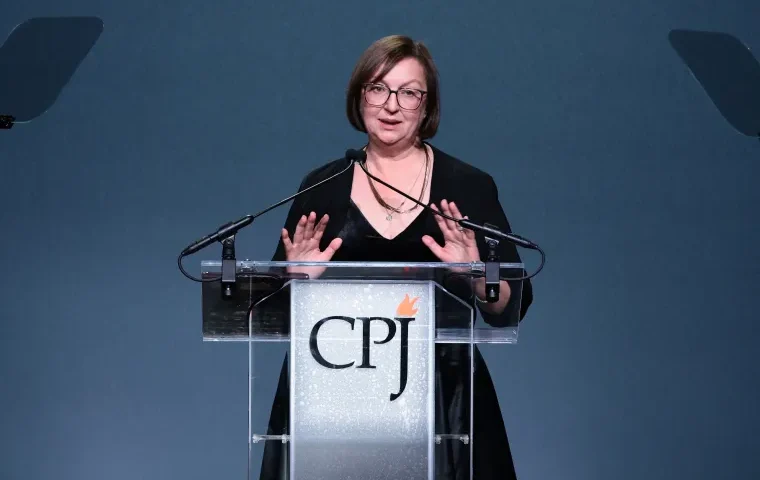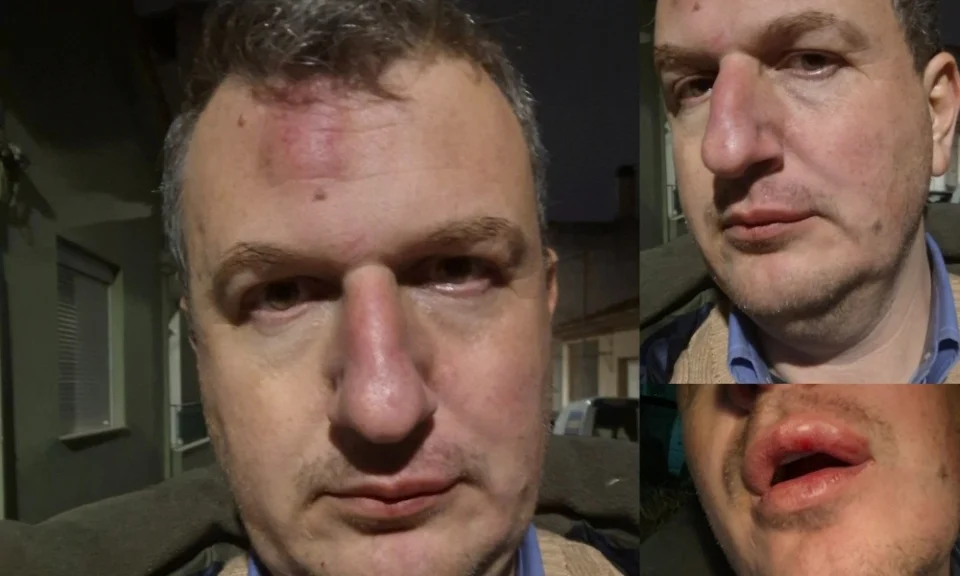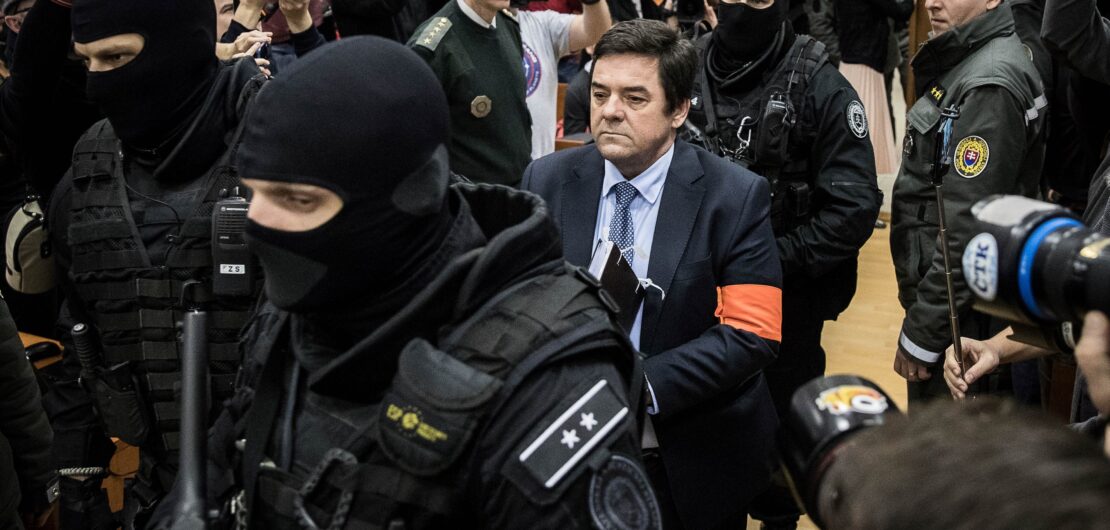
UK: IFJ and NUJ concerned over 24-hour arrest of journalist Richard Medhurst using terrorism legislation
September 3, 2024
Two Armed Attacks on Journalists in One Week Spark Alarms in Colombia
September 3, 2024September 03, 2024 – Russia –
The Russian Ministry of Justice has officially branded Galina Timchenko, co-founder and editor-in-chief of the independent news site Meduza, as a “foreign agent,” marking another effort by authorities to silence dissenting journalism. The designation, announced on September 3, 2024, accuses Timchenko of “spreading false information” about the Russian government, producing content for foreign entities, and opposing Moscow’s invasion of Ukraine.
Timchenko, recipient of the 2022 CPJ Gwen Ifill International Press Freedom Award, now faces onerous reporting obligations under Russia’s Foreign Agents Law. She is required to submit regular activity and funding disclosures, overtly label all her content, and face up to two years in prison for non-compliance. The designation reflects a broader, targeted campaign: Meduza and many of its exiled journalists have been repeatedly pressured under similar charges, part of a sustained effort to intimidate independent media abroad.
This latest action follows prior moves by authorities, including a 14,000-ruble fine in June 2024 for “engaging in activities of an undesirable organization” and mounting administrative pressures. Meanwhile, in June 2025, the Russian Interior Ministry escalated measures further by placing Timchenko on the national wanted list, signaling a shift from symbolic repression to active legal pursuit.
The label underlines the Kremlin’s aggressive use of the Foreign Agents Law—first introduced in 2012 and expanded over subsequent years—to stigmatize and legally impair independent voices. Media outlets, NGOs, and individuals labeled as “foreign agents” endure bureaucratic burdens, social stigma, and heightened vulnerability, particularly journalists who oppose Kremlin narratives
The escalating hostilities—ranging from legal labeling to active pursuit—represent a stark warning to exiled journalists. With criminal proceedings looming and the potential for imprisonment, the Kremlin continues to weaponize legal loopholes to suppress critical journalism beyond its borders.
Reference –




